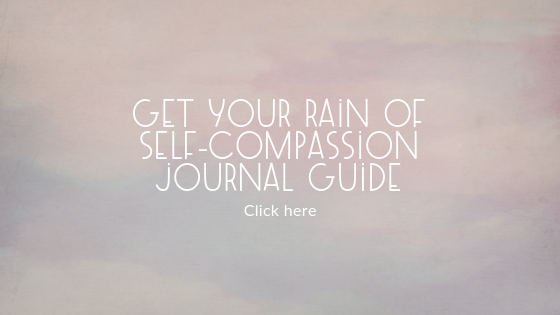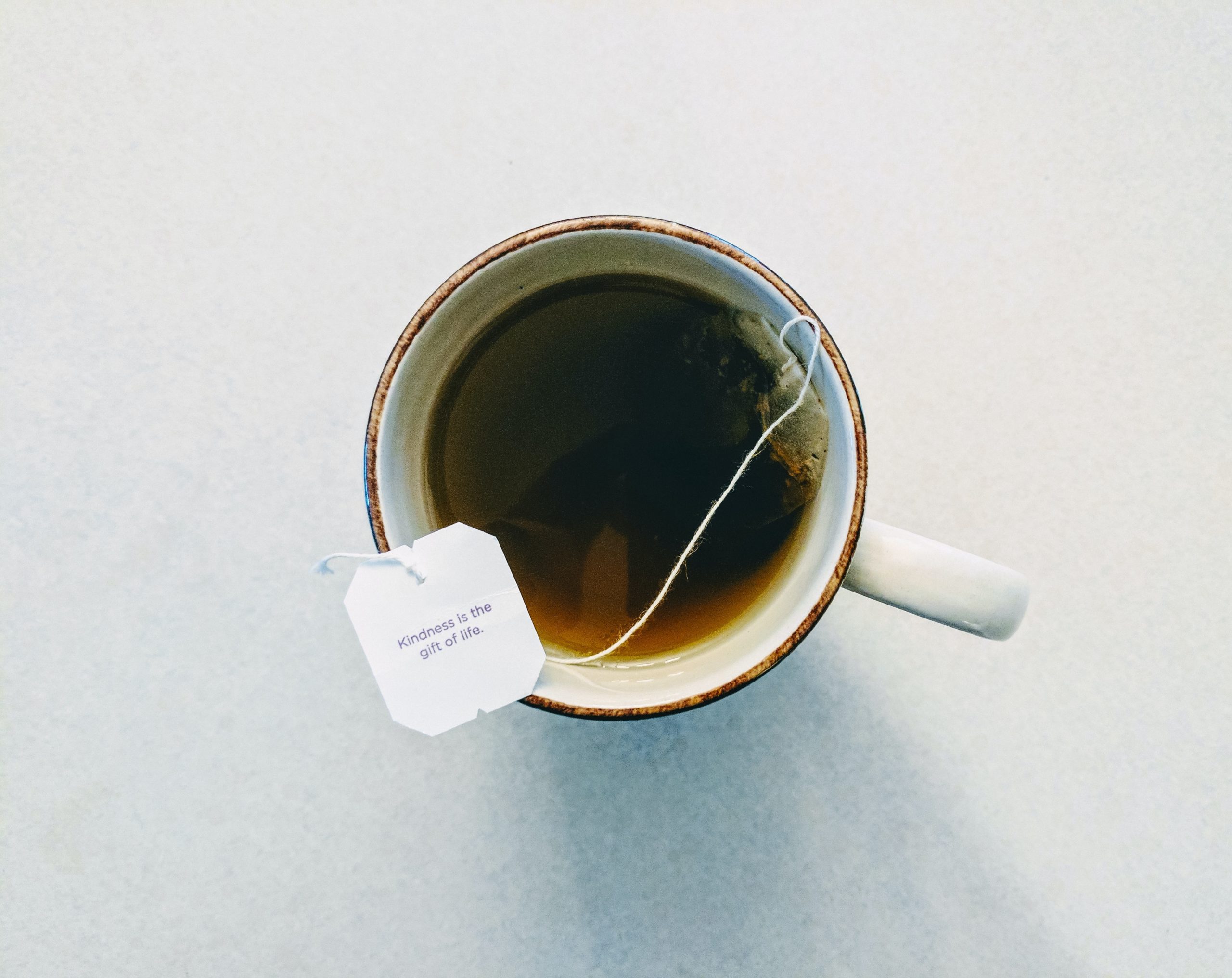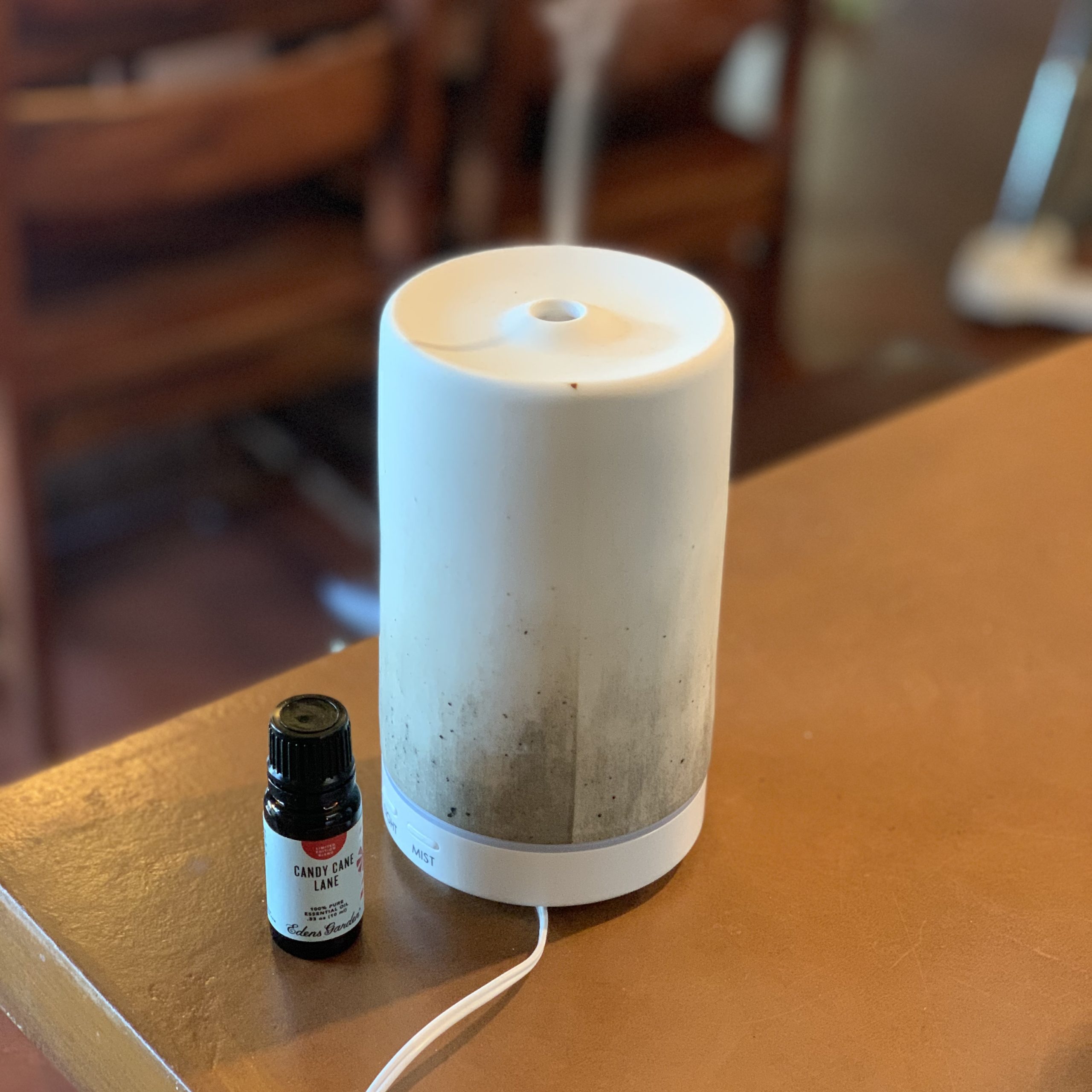If there were an Olympics for self-flagellation, I’d medal without much contest. My Inner Mean Girl is quite loud. I have a tendency to worry about being right or understood. And when something goes wrong or I make a mistake, I beat my self up pretty badly for it.
So when I was setting an intention for 2019, I knew that I needed to focus on self love.

I think we as mothers tend to treat ourselves this way a bit more than the average person. Through a combination of societal messages and expectations, as well as our own internalized desire to be the perfect mom, we end up speaking pretty nasty things to ourselves.
The solution to this, as I found in my personal journey, is self-compassion.
Kristin Neff’s (1) definition of compassion is three pronged. First, it involves the awareness that someone is suffering. It requires you to notice it. Second, it includes caring about that suffering and the person experiencing it without judgment or trying to fix it. Third, it involves the unique human experience- we are not alone. We all experience suffering.
For example, if your friend’s dog were to die, you would see that they were suffering, give them the love and care they needed without judgment, and innately understand how they were feeling, regardless of whether you had the same experience or not.
When we practice SELF-compassion, it is the same. We notice our suffering, we sit with ourselves in that pain, and understand that we are not alone in our experience. You can see how powerful a tool this could be for mothers!
The issues some will take with this practice, particularly in motherhood is that it is self-pitying or selfish, or condones a lack of motivation to improve. But in fact, research has shown that the practice of self-compassion is more motivating to people (see previous resource for further research). After all, shame is not a useful method of self-improvement.
If we show ourselves love and respect, we send a much clearer message to our kids about how each of us deserve to be treated. It can be very confusing for children to watch their caregivers call themselves a “bad mom” or “stupid.” They can even begin to internalize it and identify with that message. By giving ourselves compassion, we are showing our children the tools to love themselves based on their inherent worth as fellow human beings.
So how do we start this practice of self-compassion? I’ve compiled a few ways to do so that don’t take very little extra time. Start with number one and allow it to sit for a bit. There’s no need to rush or “get good at it” or figure out how to be perfect at one more thing. Take your time. Remember: this is about SELF COMPASSION.

Become aware of our suffering.
The Untethered Soul taught me that we are not our thoughts. We are the observer of our thoughts. We are the being that sees the thoughts and feels the feelings. The thoughts don’t define us. They just are there. By training ourselves to see the thoughts, we can disconnect from them.
Very often, our suffering (or any difficult experience) comes from our thoughts or our own judgment of our reactions. We aren’t a good enough mom because we have a postpartum mood disorder. Or we aren’t a good enough mom because we don’t spend “enough” time with our kids.
Often, we don’t even acknowledge our own suffering because we believe that to do so would be self-pitying or weak. This couldn’t be farther from the truth. How often have you said that you wouldn’t judge someone else for what you’ve done or chosen to do? That you wouldn’t judge someone for what their body looks like, but then judge your own? The same is with suffering. Seeing our own suffering is neither weak nor pitying. It is merely seeing it.
Sometimes we even judge our suffering. Others have it so much worse than I do! Even the word “suffering” may be a difficult word for you to hear. Perhaps it feels “too big” for what you experience.
When we become aware of our suffering, we are much able to meet it with self-compassion. And yet, this can be the most difficult task at times. We’ve been taught that any emotion other than happiness is a burden and bad and it must be masked or fixed. To merely see our pain without judgment or trying to fix or trying to explain it away it can be excruciatingly difficult for many of us.
Don’t rush this step. Become the observer of your suffering. See it when it arises and merely allow it to be there without judgment or attempting to fix it. If this is a new practice for you, I encourage you to try it on for a week or two and come back to the remainder of the list. Watch yourself, your thoughts, and your suffering this next week. Don’t try to push them away or justify anything. Just allow them to be.

Talk to yourself as if you were a very close, beloved friend.
This comes with a caveat. Some of us may have never had the experience of speaking to a close friend like this before. If that’s the case, bring up in your mind the way you would have wanted your mother to speak to you as a small child. Perhaps she would call you sweetie or honey. Maybe she’d have held you in her arms and spoken to you sweetly and understandingly, validating your feelings regardless of your behavior.
That’s the voice you need to develop for yourself.
“Sweetie, you’re having such a hard time right now.”
“Honey, you’re hurting. What do you need?”
“Sweetheart, of course you feel this way. Anyone would feel this way in your situation.”
When we speak to ourselves in a more nurturing tone, we acknowledge and validate ourselves. You’re not making excuses or letting yourself “off the hook” through this process. You deserve to feel and experience in whatever way that you are doing it. And, as a bonus, we may even begin to speak to our children like this, which allows them to develop a kinder inner voice for themselves.

Surround yourself with supportive content and people.
Too often we surround ourselves with content on social media or in every day life that leads us into feeling that we aren’t good enough. If something isn’t vibing with your new desire to become more self-compassionate, stop consuming it. If someone on Instagram isn’t making you feel good about yourself, unfollow! Read and listen to content and people that are uplifting, not shaming. Surround yourself with people who allow you to be the authentic you.
When we give this gift to ourselves, it bleeds into our own actions towards ourselves. If we are surrounded by content and people that make us feel free, we feel free.
I do realize that there are some people and experiences in life that are unavoidable. Change what you can so that you’ll be stronger for it.
Lovingkindness meditation.
“Bad” at meditating? There isn’t such thing. But that being said, this is an accessible entry point into the world of meditation, even for those who say they don’t want to be “meditation people” or whatever.
Lovingkindness meditations can be done by yourself, but there are numerous guided recordings like this one to help you if you’re a beginner.
First, you acknowledge and send love to yourself. Then, you send love to another loved one, people you may have difficulty with, and the world. There are many variations, so find the one that is in alignment with your personal needs.

Future self journaling.
If you are one of almost 100,000 people on Instagram following the Holistic Psychologist, you may have heard of Future Self Journaling. In my experience of doing it 3-7 times per week, I have found that it has adjusted my thinking and allowed me to become much more self-compassionate AND empathetic towards others. During this exercise, I have literally found myself embodying the person that I am writing about being.
The process involves following a basic template (can be done in any journal) of gratitude, affirmation, and manifestation, allowing you to create the person that you want to be. I recommend you follow her directions for at least thirty days (you can find them here) and take more if you find you need it. Give yourself the give of time each day for no longer than 10 minutes (seriously, Mama, just do it). I’m still benefitting after likely six months later. It’s transformative.
Finally, I just want to say one more thing about self-compassion. You deserve it. You deserve to be treated with love and kindness. It doesn’t matter who you are, where you’re from, what you did…whoops.
What I’m trying to say it, you are WORTHY of that level of compassion just because you exist.
As a bonus, grab my RAIN of Self-Compassion worksheet. I have often found that writing out my thoughts have a huge benefit for processing tough stuff, and self-compassion is no different. This guide will help you to process your mom guilt in a healthy way so that you can be the mom you dreamed of being.







